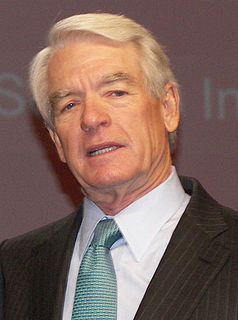A Quote by William Shenstone
The lowest people are generally the first to find fault with show or equipage; especially that of a person lately emerged from his obscurity. They never once consider that he is breaking the ice for themselves.
Related Quotes
People in the media and press often say they've never been good at math. It might be that people that consider themselves creative didn't consider themselves good at math or didn't find math interesting at those early stages. And those creative people are disproportionately represented in those influential roles.
There is nothing else that so kills the ambitions of a person as criticisms from superiors. I never criticize anyone. I believe in giving a person incentive to work. So I am anxious to praise but loath to find fault. . . . I have yet to find a person, however great or exalted his station, who did not do better work and put forth greater effort under a spirit of approval than he would ever do under a spirit of criticism.
Children who wish to become good and great men or good and noble women, should try to know well all the people whom they meet. Thus they will find that there is no one who has not much of good; and when they see some great folly, or some meanness, or some cowardice, or some fault or weakness in another person, they should examine themselves carefully. Then they will see that, perhaps, they too have some of the same fault in themselves - although perhaps it does not come out in the same way - and then they must try to conquer that fault.
What am I in the eyes of most people - a nonentity, an eccentric, or an unpleasant person - somebody who has no position in society and will never have; in short, the lowest of the low. All right, then - even if that were absolutely true, then I should one day like to show by my work what such an eccentric, such a nobody, has in his heart.
It is the swimmer who first leaps into the frozen stream who is cut sharpest by the ice; those who follow him find it broken, and the last find it gone. It is the men or women who first tread down the path which the bulk of humanity will ultimately follow, who must find themselves at last in solitudes where the silence is deadly.
Propriety of thought and propriety of diction are commonly found together. Obscurity and affectation are the two greatest faults of style. Obscurity of expression generally springs from confusion of ideas; and the same wish to dazzle, at any cost, which produces affectation in the manner of a writer, is likely to produce sophistry in his reasonings.







































